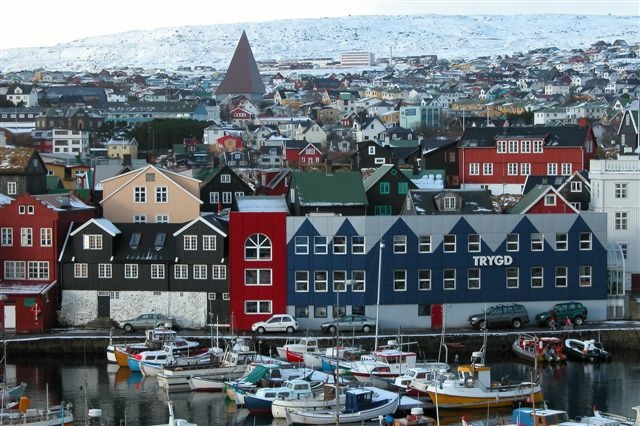There were no economically feasible discoveries on the Faroese shelf, but the tiny state hopes to induce energy firms to resume exploration, as the country decided to show the world new results of geological research.
"Oil companies are interested in many things, we have meetings, they are buying data from us, visiting the Faroe Islands, so there is interest and they are looking for opportunities," said research director Niels Christian Nolsoe.
He refused to identify any of the companies, but said that large companies can raise the necessary money, adding that companies present in the Shetland region of the UK may also be interested.
The seabed is mostly covered with thick basalt layers, which makes it difficult to study the Faroe Islands, despite promising geological and seismic studies.
Seismic data, now available and collected by companies such as PGS Norway, gives a much better understanding than when the research began about 16 years ago, Nolsoe said.
In the fourth round of licensing, which will last until February 2018, the Faroe Islands offer licenses for an area of 30 thousand square meters in the eastern part of the shelf bordering the western Shetland region.
"Only nine wells were drilled in the vast area, and large discoveries were made in the Shetland Islands, so if you look at where there may be some large undiscovered finds, such an opportunity is high in our region," he said.
In March, Hurricane Energy announced discovery of oil in the Halifax well in the West Shetland region, which, according to the company, could become the largest undeveloped oil discovery in Britain.
source: reuters.com
"Oil companies are interested in many things, we have meetings, they are buying data from us, visiting the Faroe Islands, so there is interest and they are looking for opportunities," said research director Niels Christian Nolsoe.
He refused to identify any of the companies, but said that large companies can raise the necessary money, adding that companies present in the Shetland region of the UK may also be interested.
The seabed is mostly covered with thick basalt layers, which makes it difficult to study the Faroe Islands, despite promising geological and seismic studies.
Seismic data, now available and collected by companies such as PGS Norway, gives a much better understanding than when the research began about 16 years ago, Nolsoe said.
In the fourth round of licensing, which will last until February 2018, the Faroe Islands offer licenses for an area of 30 thousand square meters in the eastern part of the shelf bordering the western Shetland region.
"Only nine wells were drilled in the vast area, and large discoveries were made in the Shetland Islands, so if you look at where there may be some large undiscovered finds, such an opportunity is high in our region," he said.
In March, Hurricane Energy announced discovery of oil in the Halifax well in the West Shetland region, which, according to the company, could become the largest undeveloped oil discovery in Britain.
source: reuters.com





